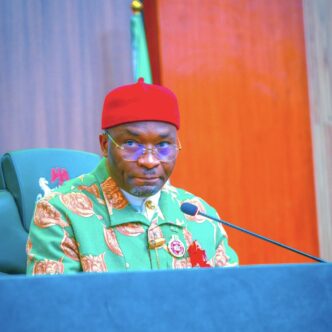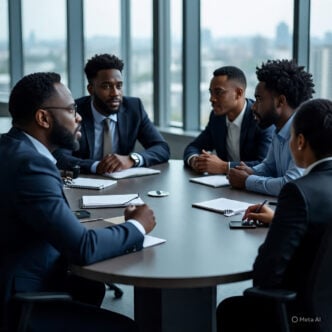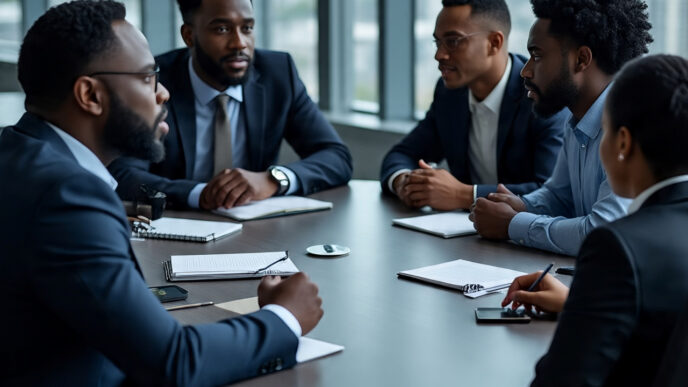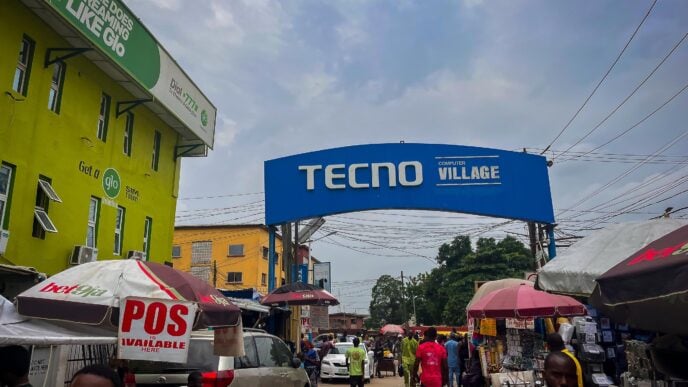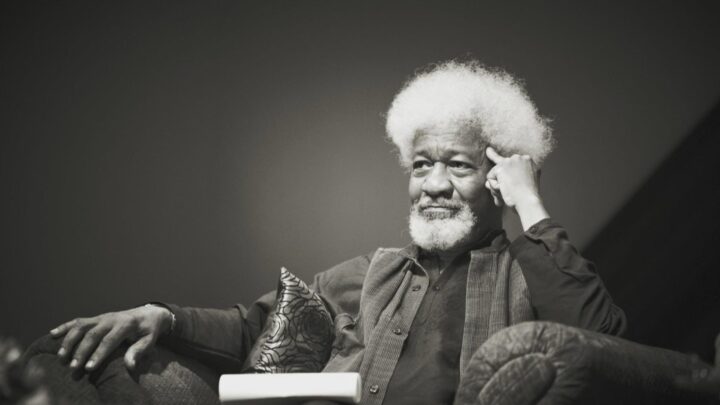BY MICHAEL ‘LEKAN ODUNLAMI
Accidents are known to be part of everyday life in Nigeria. They happen suddenly sometimes without any warning on busy Lagos roads, in factories, in offices, at construction sites, or even inside a neighbour’s compound. Sometimes, after an accident, you may come to the realisation that you were not completely innocent afterall. Maybe you somehow feel you were careless for a moment, but the other person was careless too. In this instance, the “million-dollar” question becomes: Can I still make a claim for my injury if I was partly at fault?
In Nigeria, many people do not know their rights with respect to personal injury laws, a lot of people wrongly believe that if they share any blame, then, they cannot get compensation for their injury. They simply believe they unilaterally caused their misfortune, failing to consider the role played by the other party. But that is not always true in personal injury claims. Nigerian law recognises that accidents are not always one-sided since there are always two sides to a story. The law calls this situation “contributory negligence.” This literally means that both you and the other person contributed to what happened. The court, in its discretion, will consider how much blame each person should bear and then decide how much compensation you can still receive.
Let’s take a simple example. One morning in Ikeja, a school teacher named Mary was hurrying to school. She was running late, and in her rush, she crossed the main road at an unofficial spot instead of using the pedestrian bridge. At the same time, Mr. Bala, a commercial driver, was speeding to pick up passengers at the next bus stop during the morning rush hour. As a result, he ignored a red traffic light and didn’t slow down. Mary stepped onto the road without due care, and Bala’s bus hit her so badly.
Advertisement
Mary suffered a fractured leg and several bruises to her body. She spent several weeks in the hospital and missed work for almost three months due to the gravity of her injury. When she later decided to take legal action, Bala’s lawyer argued that Mary had no right to claim damages because she crossed the road carelessly instead of using the pedestrian bridge. But Mary’s lawyer presented evidence that Bala was speeding and disobeyed traffic rules. This shows both parties acted irresponsibly.
After listening to both sides, the court will decide whether both parties were responsible and consider Mary’s crossing at the wrong place, and Bala’s overspeeding and traffic light contravention. The judge may rule that Mary was 30% at fault, while Bala was 70% at fault. Her total damages could be assessed at ₦2 million, but because she shared part of the blame, she may be awarded ₦1.4 million (70% of the total amount). This is just an illustration, but the takeaway is that the blame will be shared by both parties since they were both careless or negligent.
This sample judgment above shows how Nigerian courts may handle cases where both parties share blame. You don’t lose your right to compensation just because you made a mistake. What matters is that the other party also contributed to the accident.
Advertisement
Under the extant Nigerian law, particularly principles developed from English common law, contributory negligence allows the court to divide responsibility between both sides. The court is at discretion to reduce the compensation according to the level of fault by both parties.
If you find yourself injured in an accident and think you might have contributed to it, don’t panic or give up. Following an accident, whether you believe you were also to blame, here are the important steps you must follow:
You must visit a hospital and get treated or checked first even if there was no physical injury apparent because not all injuries are visible with naked eyes. Keep all medical reports, receipts, and discharge notes. These documents show the seriousness of your injuries. Do not admit any blame or sign any paper or undertaking after an accident and do not collect any money offered. Following an accident, many Nigerians rush to apologise or accept all responsibilities at the scene just to gain sympathy particularly when the damage suffered by the other party is huge. Imagine a commercial driver involved in an accident with a Mercedes G wagon. It’s better to stay calm rather than implicating yourself or ruining your case. You can speak respectfully without admitting fault. Allow but let the investigation reveal who was at fault.
The next stage is to gather evidence to establish your case. Take pictures of the scene, your injuries, and any damaged property. Collect names and phone numbers of witnesses who saw what happened as they may be your key witnesses in court. Lastly, contact an experienced lawyer who understands personal injury laws to advise you on the strength or weakness of your case. They can write letters, negotiate with insurance companies, or represent you in court if the matter finds its way there.
Advertisement
Just like the case of Mary, if the matter gets to court, the court will look at who had the greater duty to prevent the accident. For instance, Bala has a legal duty to drive carefully and obey traffic rules while Mary has a duty to cross safely by using the pedestrian bridge and not act recklessly. The court balances these duties and decides the level of blame to apportion to either party.
Being partly at fault in an accident does not mean you have no rights before the law in a personal injury claim. The purpose of personal injury law is not to punish people but to help victims recover from their losses and put them back in a position they ought to be had the accident not occurred. Even if you make a mistake or are careless, you can still get justice and get compensation after an accident.
So, if you ever find yourself in Mary’s situation, don’t give up. Seek medical help, get legal advice, and let the law do its work of apportioning blame. Avoid assuming blames and taking ownership of all the faults. Responsibility can be shared, but fairness remains the goal in personal injury cases.
This article is meant for general understanding only and not a legal advice. If you believe you’ve suffered any harm or injury due to your fault and another person’s fault, and you are concerned about the viability of your case or high cost of hiring a lawyer, you can reach out to an experienced personal injury lawyer who may be willing to offer a legal advice and handle your case on a “NO WIN, NO FEE” arrangement, which simply means you only pay if you win and get compensation.
Advertisement
Michael ‘Lekan Odunlami, Esq, is a Lagos-based personal injury lawyer at Claybrook Attorneys. He can be contacted via [email protected]
Advertisement
Views expressed by contributors are strictly personal and not of TheCable.

